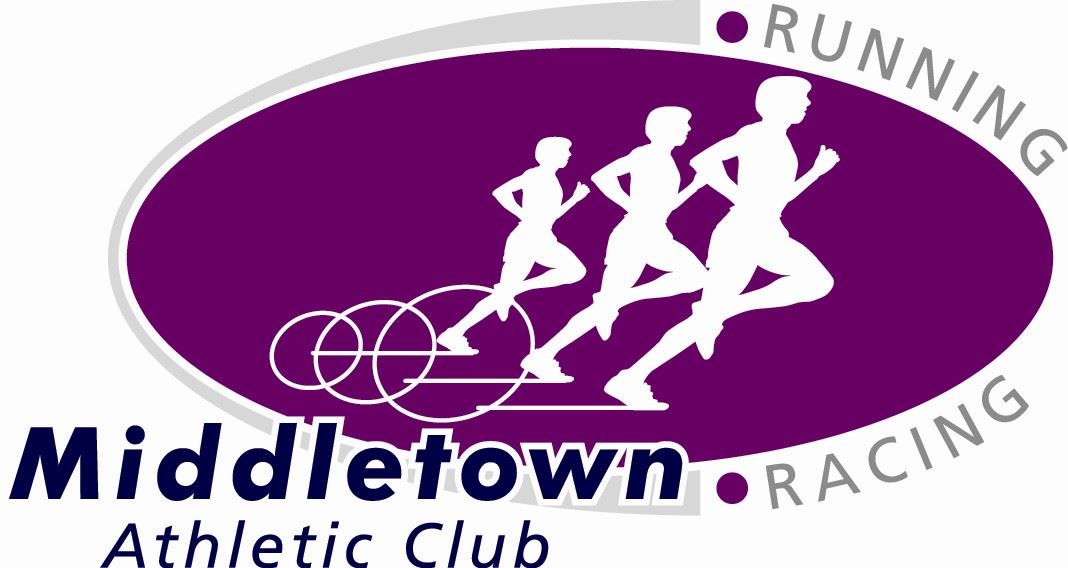Thoughts on the Run – An experiment of One:
August 15, 2023 marks my 45th anniversary as a runner. I recall the date I started running (it was 1978), where I ran (Hempt Road, Mechanicsburg, PA) and how far (3 miles – and no, I didn’t stop). Call me obsessed if you must, but oddly enough it works for me and I thought remembering all those runs, races, locations, etc… would someday come in handy. Or allow me to bore people to death at parties and gatherings.
What’s the point of my little retrospective here? The great running philosopher George Sheehan once wrote ‘All running is an experiment of One’. By that, he simply meant that what works for one person won’t necessarily work for another. What is one man’s trash may truly be another man’s treasure. And only you can figure that out.
On my home office bookshelf, you will find books on history, mental health, travel destinations, humor and yes, running. LOTS of running. Okay, lots and LOTS of running. There are numerous running DVDs as well. Some are documentaries, some are training guides, some are biographical, some are stories about specific events, and some are even fictional (although ‘Once a Runner’ by John Parker has some fact in it).
In my ‘experiment of One’, I have discovered things that fit for me, and those things don’t (like running with music). I do love to read about my chosen sport and learn from others. My current book is ‘Racing the Clock’, by Bernd Heinrich. Bernd is an ultra-marathoner and biologist, who writes about the confluence of both in his pursuit of the finish line. Oh, and he’s in his mid-80s and still runs ultras.
I have trained with runners who will not take step one until their GPS is synched properly with the GPS satellite du jour. Their gateway into the running world is to know where they are, how far they have run (as precisely as GPS will allow), how fast they ran it, and even if it makes some fancy design as seen from space (I love to read about runners using their GPS to map out words, designs, etc… Pretty cool!).
Ever run with music? In my ‘other than running’ training, I have begun to appreciate the presence of music. Rowing for 45 minutes is boring as sin, unless the soundtrack is good. But running with a soundtrack? I can’t. Many of my running buds do indeed iPod up before step one and off they go in solitude, accompanied only by Bruno Mars, Taylor Swift or the Foo Fighters. That’s their gateway.
Even when it comes to training, what works for one person doesn’t always work for another. The #1 runner on my college cross country team my senior year was (and still is) a phenomenal talent. Unfortunately, the poor guy couldn’t string two 50 mile weeks back-to-back without getting injured. For the rest of us, 70+ mile weeks for 10-12 weeks was the norm. He was able to remain competitive and lead the way, simply by staying healthy with reduced mileage and extra cross training.
A few years ago, I finally embraced supplemental workouts like rowing machines and lifting weights in an effort to remain healthy. My ‘experiment of One’ has finally led me in another direction.
As you plan your goals and embrace your training, make sure you are embracing YOUR training and YOUR goals, not somebody else’s. Coaches are great for helping set up strategies and such, but make sure those strategies work for your experiment, not just the other 10 or 20 athletes with whom your Coach may be working. And don’t get me started on those cookie cutter marathon plans.
So please allow me to bore you at the next gathering we attend together. And I’ll allow you to ‘attempt’ to bore me. However, something tells me both of us will be enthralling.
I hope to see you on the roads, tracks and trails.
